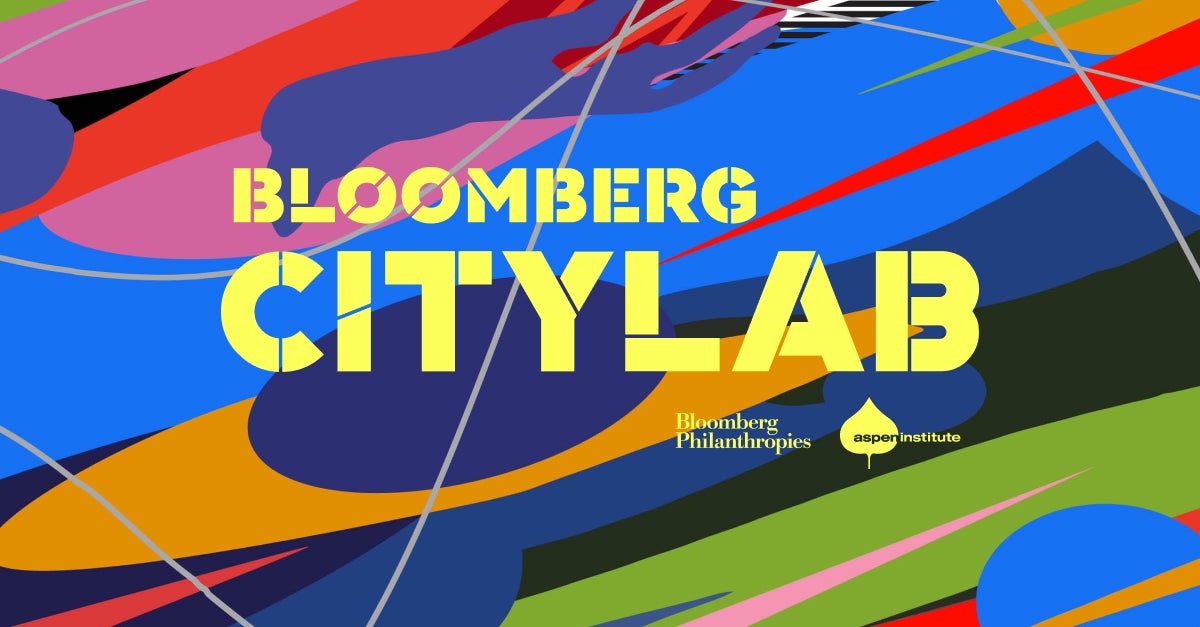“I was this so-called expert for so long, and… I could have been more effective if I had just asked people: ‘What do you need to make your life better? Is what I’m doing, or what I’m offering, or what I’m thinking about doing going to help you get what you need? If not, what should I do differently?’”
–Dennis Whittle, Co-founder and Chief Executive Officer, Feedback Labs
To me, a brilliant idea is one that is obvious after you’ve heard it, but not before. Co-creation, the idea that people experiencing a problem are experts about that problem and should be engaged in creating the solution to that problem, is a brilliant idea. Laurenellen McCann, who is the first person who explained the concept to me, elegantly describes it as “build with, not for.” It is also, in my experience, a rare practice in policymaking, service delivery, or implementation. The interviews in this next round of our Listening to Inclusive Innovators series highlight why co-creation is both so important and so uncommon.
I asked five practitioners of co-creation–three non-profit leaders, a start-up founder, and a professor the following questions:
- What does co-creation mean to you?
- How do you use/apply it to your organization?
- What challenges come with this approach?
- What would you tell an organization or person starting out to co-create with the people they are trying to serve?
- What values underlie co-creation for you?
All of the interviewees said that co-creation doesn’t fit with standard institutional processes and imperatives. Eric Gordon, an academic, and Dennis Whittle, a non-profit leader who had a long career at the World Bank, talk about the challenge of starting an open-ended, messy, slow, unpredictable process, “when your career depends on delivering something on time, on budget, and on target,” as Dennis puts it. Budgets, academic calendars, and evaluation processes are designed for top-down ways of working, not for co-creation, which requires working at the speed of trust.
Ben Berkowitz, Molly Day , and Caroline Hill speak to some of the emotional difficulties that arise in co-creation processes. Molly says, “To do co-creation right will require changing behavior, and that is a fundamentally tough thing for human beings to do because it means you will lose some things that you feel attached to doing or even things that feel close to your identity.” Caroline agrees: “If you’re the one with privilege, you have to surrender that privilege and include the other person. That can be uncomfortable for someone who’s always experienced being recognized for being an expert.”
In Ben’s experience working with local governments, co-creation requires culture change, and a shift towards transparency, trust, and empathy. The benefit, he says, is that if transparency is genuine, then people outside of government can better see and appreciate the conflicting impulses, avalanche of requests, and myriad limitations that government officials have to navigate.
Co-creation, on its face, looks like the opposite of data-driven policy making, which seems to be efficient and predictable. I think, though, we need both, working in necessary, generative tension. Data can tell us “what” but not necessarily “why” or “how.” Caroline Hill’s experience working with truant youth shows that student’s stories provided an important context for statistics about who wasn’t showing up for school.
Data gathering–the questions people ask, the information that is deemed–is not inherently free from bias. To take one shameful example from urban history: data indicated that some neighborhoods were unbearable slums that needed to be cleared to save cities. But residents and sympathetic observers like Jane Jacobs saw these same neighborhoods as strong communities that supported families and businesses and contributed to the diversity and zest of city life. So as urban policy practitioners learn to embrace data, we also need to wrap our arms around the skills of co-creation: listening, empathy, and humility.
We should also reconsider whether co-creation is, in the long run, really a slower approach than the top-down method of addressing urban problems that has been the rule for decades. As Molly Day put it, “It’s been more than 50 years after the start of the war on poverty, and we’re still pretty far from winning the war. If we listen to and engage those in our society who we are trying to help, we’d get to the right answers faster.”
I hope these interviews inspire and encourage people to take on the hard work of co-creation, or at least to question our own assumptions of who is an expert.
This blog series is supported by the Citi Foundation, a vital early supporter of the Center for Urban Innovation at the Aspen Institute. With the Citi Foundation’s help, the Center convened leading-edge practitioners to develop a shared set of principles to guide a cross-sector approach to inclusive innovation in low- and middle-income neighborhoods, and to determine how the Aspen Institute could support this practice.


